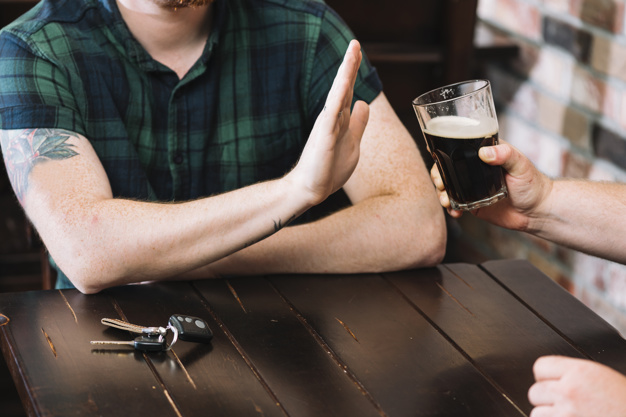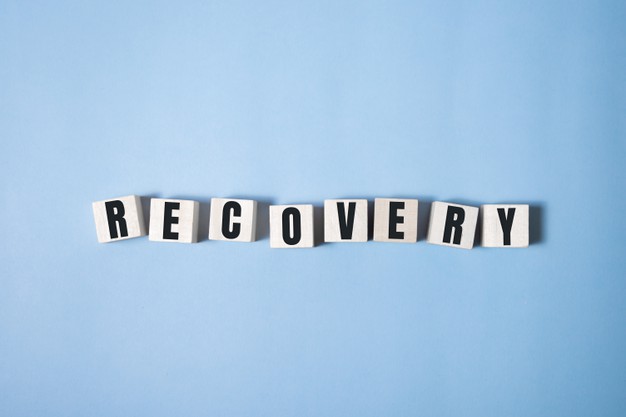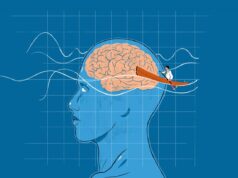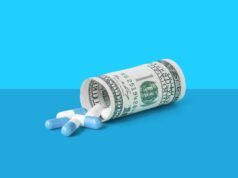
Going to an inpatient or outpatient facility to receive help for addiction or substance abuse can be overwhelming – especially if you don’t know what to expect. If this is your first time getting help at a professional facility for misuse of a substance, you may feel scared, anxious, and upset going into the facility – but you shouldn’t.
Addiction facilities are professional organizations that are designed with one thing in mind – to help you. With personalized treatment programs, highly qualified staff, and facilities/resources to help you get back on your feet, there are some things you should expect when going to seek help for addiction.
What to expect at a drug and alcohol rehab center
Find a center for you

The first step is to find a drug and alcohol rehab center that works for your needs, visit site to find out the right center for you.
There are many different types of facilities available, such as inpatient, outpatient, small facilities, state-funded programs, drug and online alcohol treatment, and holistic retreats. Some of the most popular in the United States include:
- Betty Ford Center – many locations
- The Edge Treatment Center – Orange County
- Journey Pure – Florida
Check-in process

he next step in injecting a drug and alcohol detox center is the check-in process. Staff members will usually have you fill out an intake questionnaire to determine your history, past, mental health concerns, and drug use. This step can seem abrasive at first but is a critical step in the rehab process since it will be used to help personalize your therapy and treatment plan moving forward.
- Keep in mind that when checking into a drug and alcohol rehab center, the ‘typical’ lengths of time are 30 days, 60 days, and 90 days.
Detox stage
The third step in checking into a drug and alcohol rehab center is the detoxification phase. After the questionnaire is completed and an initial assessment is taken, you will have to begin detoxing from the drug or alcohol that you have been addicted to. This can be a difficult process, but having highly qualified staff and resources to help you can make the detox much easier and safer.
- This process usually takes between 3 and 14 days depending on how heavily dependent you are on the substance and how long you have been using it.
- If you suddenly stop taking a substance that has high dependency rates, like heroin, sometimes you may be given withdrawal drugs to help the come-down.
Therapy

The fourth stage of going to a drug and alcohol rehab center is attending therapy sessions, whether it be individual or group therapy. Various types of therapy will be available to you at the facility, ranging from outdoor therapy to cognitive behavioral therapy to help reduce cravings and avoid triggers. Other forms of therapy are 12 Step Therapy, Group Therapy, Art Therapy, One-to-one, and Trauma Therapy. All of these are offered at BanburyLodge so if this interests you, their website is readily available for your inquiries.
During individual therapy for your drug and alcohol rehab program, you will work with a health professional in a private setting to discuss the thoughts behind your addiction, why you think you are in this place, and how you can better your life. Figuring out the main reason behind why you decide to use drugs and alcohol to excess is a key step in healing.
Your therapist will then identify your triggers – what makes you turn to drugs and alcohol when it comes to ough times. This can be anything from repressed trauma to anxiety and stress during your daily life. Once you find out your triggers, you will learn coping methods to avoid your triggers and deal with them moving forward.
An addiction specialist will customize your therapy plan based on your specific needs, which will be determined based on your history, past drug use, dependency on the drug, mental health concerns, and any pre-existing conditions. Therapy comes in all shapes and sizes, but finding the right one for you is key to getting better.
- Therapy sessions are usually held in a therapist’s office during the drug and alcohol rehab program, but can sometimes be held in various locations to change the environment.
Family counseling

Including family and friends in your drug and alcohol rehab process can be beneficial to yourself and your loved ones, showing them that you are taking the proper steps to get clean by enforcing a new relationship with them. Because of these high success rates, many drug and alcohol rehab programs include family therapy as part of your individual program.
During family counseling sessions, your therapist will provide a safe space for you and your loved ones to speak openly about problems, interpersonal issues, and concerns moving forward. Family members are often deeply affected by someone who is addicted to alcohol or drugs, so getting to hear their concerns in a professional setting is helpful to the loved one and family members.
In the sessions, your family members will find out how to best support you moving forward after you are done with the drug and alcohol rehab program.
- Many drug and alcohol rehab programs include family members and friends in the entire rehabilitation process in the facility, often from check-in to the aftercare treatment.
Aftercare planning

At the end of your time at the drug and alcohol rehab center, you and your counselor will have an aftercare plan that deals with reintegrating into society without using drugs or alcohol. Engaging in aftercare is a proven method to reduce relapse rates by staying connected with a therapist and staying motivated.
Your aftercare plan for staying sober will include various resources that are available to you in your community from professionals, like social and medical support services to help you with health and psychological issues. Further, you will have resources to help with becoming a functioning member of society, like transitional housing, therapy, counseling, and support groups.
Holistic Approaches in Rehabilitation
Holistic approaches are integral to effective rehab programs, focusing on the individual’s overall well-being—physically, mentally, and emotionally. This method is essential as it addresses the interconnectedness of different aspects of health and well-being. Integrating practices like yoga and meditation, these approaches promote mindfulness and stress reduction. Nutritional counseling and tailored fitness programs are also vital, ensuring the body’s rejuvenation and sustained health, empowering individuals to cultivate a balanced and healthy lifestyle, essential for long-term recovery.
Significance of Relapse Prevention
Relapse prevention strategies are crucial components of robust rehab programs. These strategies equip individuals with the necessary tools to identify and combat triggers, preventing setbacks. Developing coping skills and creating a comprehensive relapse prevention plan are pivotal in ensuring sustained recovery. These methods are not mere contingencies but are fundamental in reinforcing resilience, self-awareness, and proactive management of potential vulnerabilities, thereby fostering enduring sobriety and health.
The Role of Peer Support
Peer support groups like Alcoholics Anonymous and Narcotics Anonymous are often integrated into rehab programs, providing crucial support frameworks. These groups facilitate shared experiences and mutual encouragement, reinforcing the commitment to recovery. The solidarity and understanding within these groups create a supportive environment, enabling individuals to navigate their journeys with insights and compassion from peers who have traversed similar paths, fortifying their resolve and resilience in recovery.
Conclusion
Finding a drug and alcohol rehab program that can provide individual therapy, customized treatment programs, and resources to help you reintegrate into the world is crucial to getting sober – and staying sober. When looking for a drug and alcohol treatment center, like the Betty Ford Center or The Edge Treatment Center, look for a comprehensive program that checks all of your boxes.













